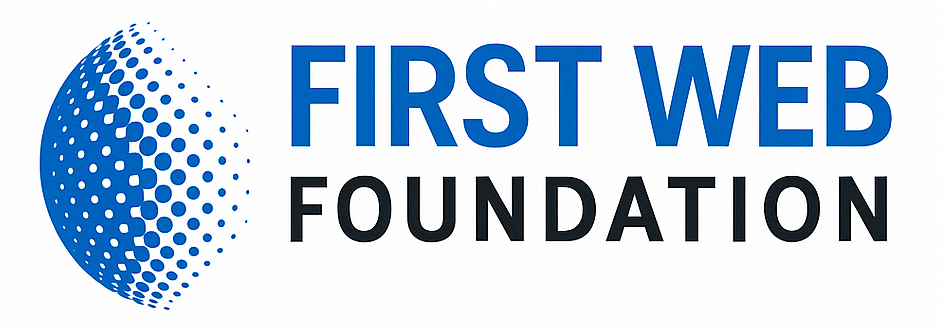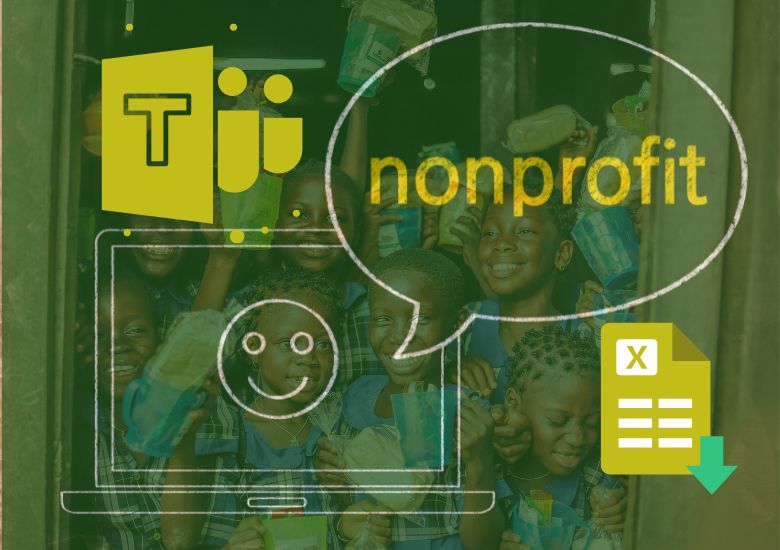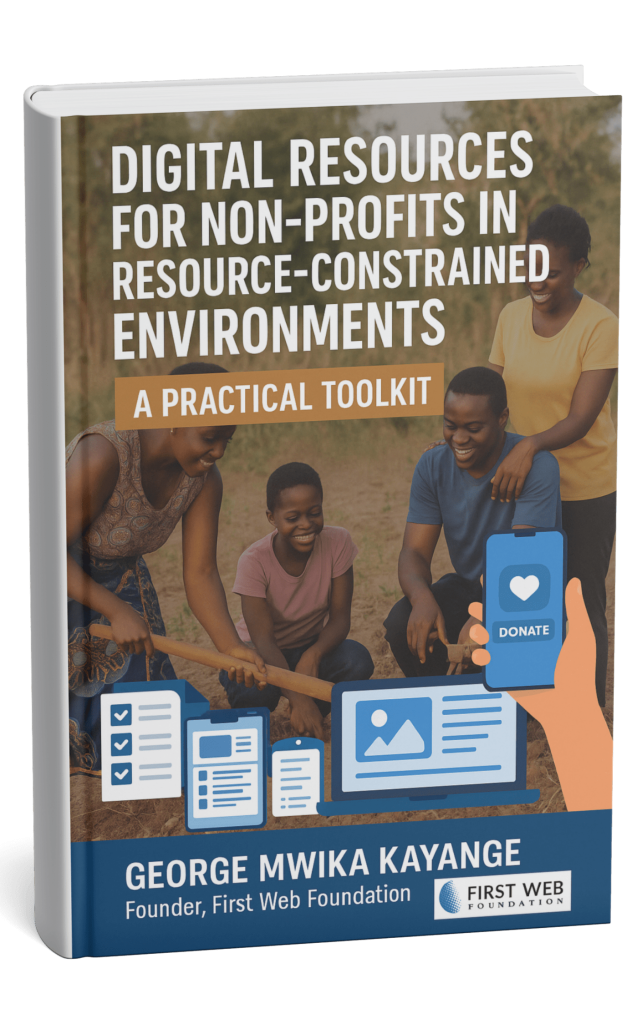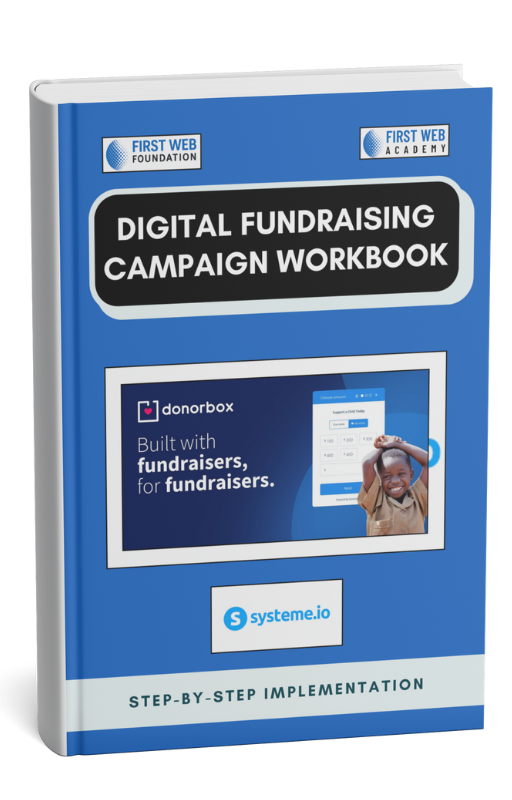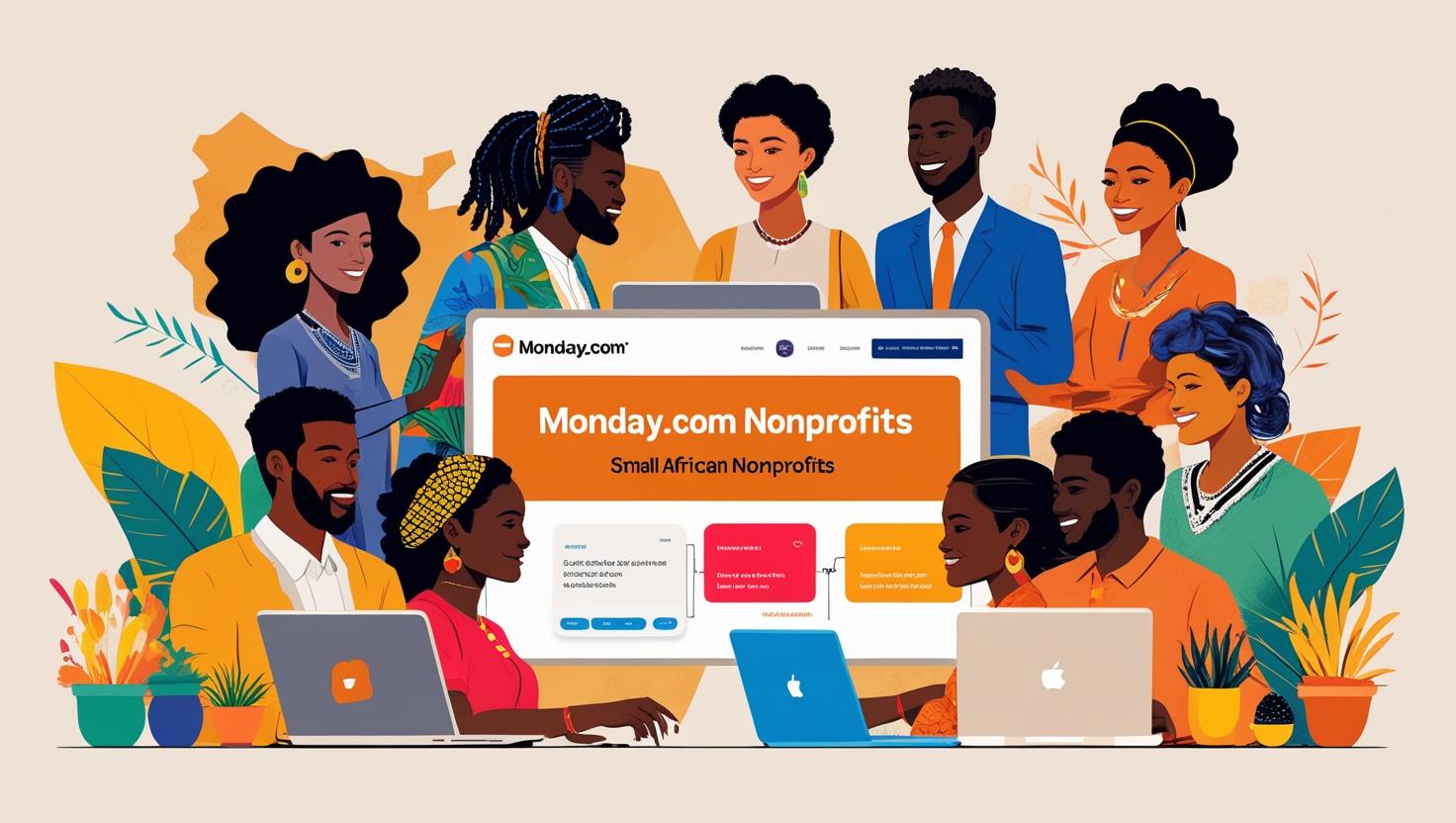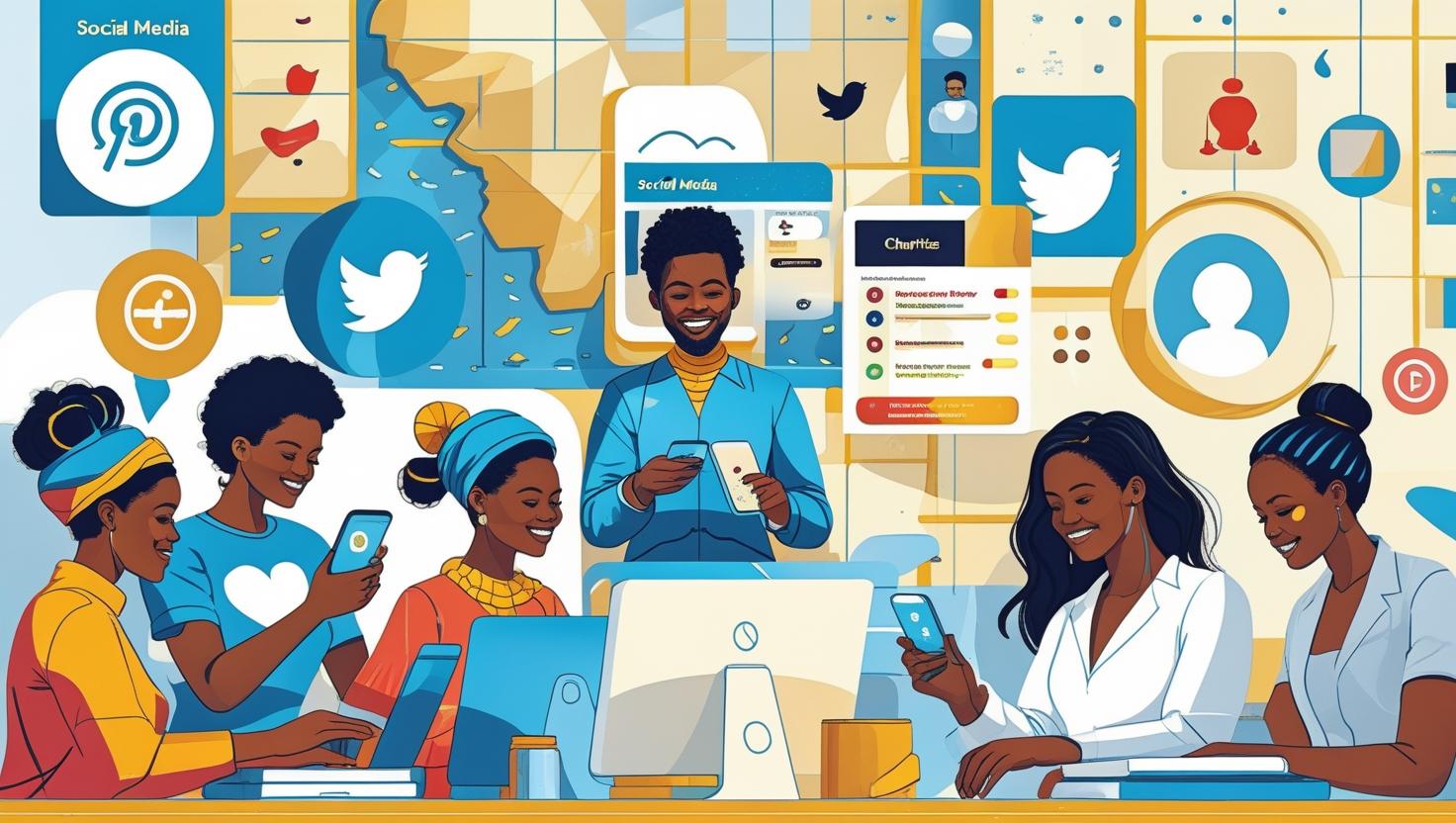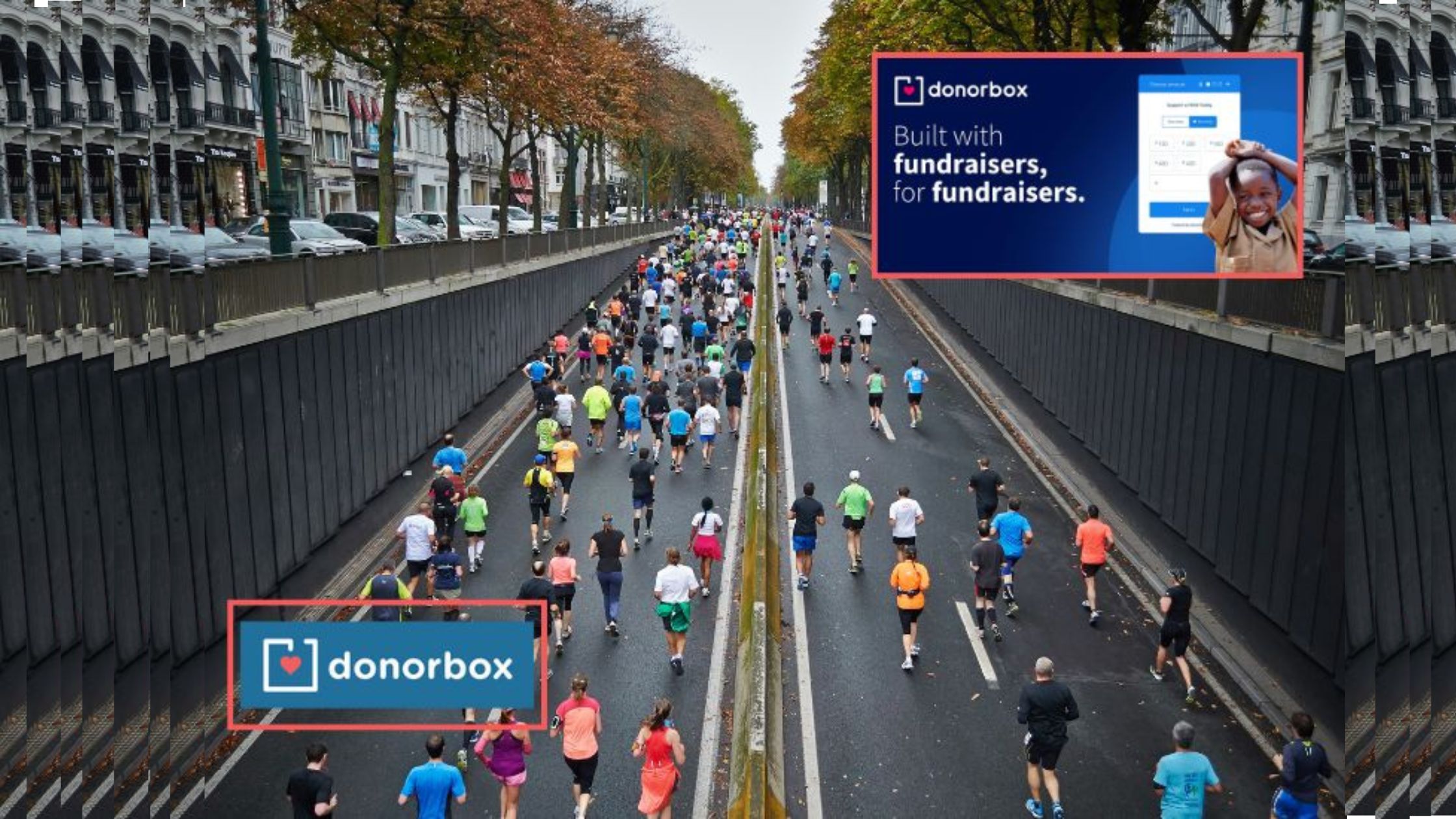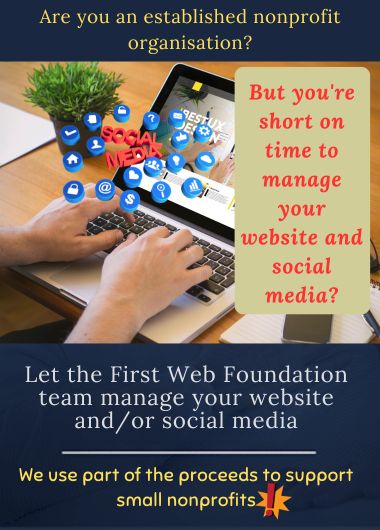We are thrilled to present the multitude of benefits that Microsoft offers to nonprofits. With its suite of innovative software and technology solutions, Microsoft aims to empower nonprofit organizations to create a lasting impact in the world. From cost savings on software licenses to powerful tools for collaboration and data management, Microsoft’s offerings cater specifically to the unique needs of nonprofits, helping them streamline their operations and achieve their missions more effectively. In this article, we will explore the various advantages that Microsoft brings to the nonprofit sector, highlighting the transformative potential of technology in driving social change.

This image is property of images.pexels.com.
Eligibility and Application Process
Nonprofit Eligibility
Being a nonprofit organization comes with its own set of advantages and privileges. Microsoft recognizes the importance of supporting nonprofits and offers a wide range of programs specifically designed for them. To be eligible for these programs, organizations must meet certain requirements and demonstrate that they are registered and recognized as a nonprofit entity in their respective countries. This ensures that the benefits provided by Microsoft are directed to organizations genuinely working towards making a positive impact in the world.
Application Process
The application process for Microsoft nonprofit programs is straightforward and hassle-free. Nonprofits can start by visiting the dedicated Microsoft Nonprofits website and selecting their country. From there, they can review the eligibility criteria and ensure that they meet the necessary requirements. Once the eligibility is confirmed, nonprofits can proceed with the application by providing the required documentation and information about their organization. Microsoft makes the process as seamless as possible, allowing nonprofit organizations to focus on their mission while enjoying the benefits of Microsoft technologies.
Eligible Products and Services
Microsoft offers a wide range of products and services to nonprofit organizations, tailored to their specific needs and requirements. Nonprofits can access discounted or even donated software licenses, cloud services, and productivity and collaboration tools. These products and services help nonprofits streamline their operations, enhance communication, improve data analysis, and ultimately achieve their goals more efficiently. With Microsoft’s support, nonprofits can stay at the forefront of technology and make a greater impact in the communities they serve.
Cost Benefits
Discounted or Donation Programs
The cost of software licenses and technology can often be a burden for nonprofit organizations. Microsoft understands this challenge and aims to alleviate the financial strain by offering discounted or even donated software licenses through their nonprofit programs. This means that nonprofits can access essential tools and applications at a fraction of the regular cost, allowing them to allocate their resources towards their core mission instead.
Software Licenses
Microsoft’s nonprofit programs provide access to a range of software licenses, including the popular Microsoft Office suite. This means that nonprofits can benefit from tools like Microsoft Word, Excel, PowerPoint, and more, enabling them to create professional documents, analyze data, and deliver impactful presentations. By having access to these essential software licenses, nonprofits can effectively carry out their day-to-day operations and maximize their productivity.
Cloud Services
Cloud services have revolutionized the way organizations store, manage, and access their data. Microsoft offers nonprofits access to their trusted cloud platform, Azure, which provides a secure and scalable infrastructure for hosting applications and storing data. With Azure, nonprofits can leverage the power of the cloud to streamline their operations, collaborate with stakeholders, and ensure the availability of their services to those in need, all while benefiting from the cost savings associated with cloud computing.
Productivity and Collaboration Tools
Microsoft Office 365
Microsoft Office 365 is a comprehensive suite of productivity tools that enables nonprofits to work efficiently and collaboratively. With Office 365, nonprofits can access the familiar Microsoft Office applications, such as Word, Excel, and PowerPoint, along with powerful cloud-based tools like OneDrive for file storage and sharing, Outlook for email and calendar management, and much more. These tools empower nonprofit teams to collaborate seamlessly, regardless of their physical location, thereby enhancing productivity and fostering innovation.
Teams
Microsoft Teams is a collaboration platform that brings together chat, video meetings, file storage, and application integration into a single hub. Nonprofit organizations can use Teams to connect and communicate with team members, volunteers, and external stakeholders effectively. Through Teams, nonprofits can easily create channels for specific projects or departments, conduct virtual meetings, and share files, fostering a culture of collaboration and enabling effective teamwork, regardless of geographical constraints.
SharePoint
SharePoint is a web-based collaboration and document management platform that allows nonprofits to create intranet sites, share and store documents, and collaborate on projects. SharePoint provides a centralized location for teams to access important resources, collaborate on files, manage workflows, and create custom web pages. By leveraging SharePoint, nonprofit organizations can enhance knowledge sharing, improve team coordination, and streamline their document management processes, ultimately boosting overall productivity.
Digital Transformation
Streamlined Operations
Digital transformation is essential for nonprofits to stay relevant and efficient in today’s fast-paced world. Microsoft technologies enable nonprofits to streamline their operations by automating manual processes, implementing efficient workflows, and integrating various systems. With platforms like Power Platform, nonprofits can build custom applications and automate repetitive tasks, freeing up valuable time and resources that can be redirected towards their core mission.
Enhanced Communication
Communication is crucial for the success of any nonprofit organization, and Microsoft tools facilitate seamless and effective communication. Through platforms like Teams and Outlook, nonprofits can ensure that their teams, volunteers, and stakeholders are always connected and well-informed. Features like instant messaging, video conferencing, and shared calendars enable real-time collaboration and enhance communication within the organization and with external partners. This connectedness leads to improved coordination, clearer decision-making, and ultimately, increased impact.
Improved Data Analysis
Data plays a vital role in nonprofit organizations, helping them understand the impact they are making and identify areas for improvement. Microsoft’s suite of data analysis tools, including Power BI and Excel, enable nonprofits to gain valuable insights from their data. These tools empower nonprofits to visualize their data, create interactive dashboards and reports, and make data-driven decisions. By effectively analyzing and utilizing data, nonprofits can optimize their programs, maximize their impact, and secure the necessary funding to continue their important work.

This image is property of images.pexels.com.
Tech Support and Training Resources
Customer Support
Microsoft is committed to providing excellent customer support to nonprofit organizations. Nonprofits can access various channels to seek assistance, including dedicated phone support, online chat, and community forums. Microsoft’s customer support teams are knowledgeable and responsive, ensuring that nonprofits can resolve any technical issues or concerns they may encounter. This support provides peace of mind, allowing nonprofits to focus on their mission without worrying about any technology-related setbacks.
Online Training Courses
To help nonprofits make the most of Microsoft technologies, a plethora of online training courses are available. These courses cover a wide range of topics and skill levels, including beginner-level courses on basic software usage and more advanced courses on data analysis, programming, and cloud computing. Nonprofits can take advantage of these training resources to enhance their skills, increase efficiency, and maximize the impact of technology in their organizations.
Microsoft Community
The Microsoft community is a vibrant ecosystem of users, experts, and enthusiasts who come together to share knowledge and support one another. Nonprofits can actively participate in this community to connect with like-minded individuals, ask questions, seek advice, and share their experiences. The Microsoft community serves as a valuable resource, providing nonprofits with a platform to expand their network, gain insights, and stay up-to-date with the latest developments in technology.
Security and Compliance
Enterprise-Level Security Features
Security is a paramount concern for nonprofit organizations, as they deal with sensitive data and often work with vulnerable populations. Microsoft understands the importance of protecting nonprofit organizations and offers enterprise-level security features to mitigate risks. Nonprofits can benefit from advanced security measures like multi-factor authentication, data encryption, and threat intelligence, ensuring that their data and systems are safeguarded against cyber threats.
Data Protection and Privacy
Data protection and privacy are critical aspects of nonprofit operations, and Microsoft takes these concerns seriously. Microsoft’s cloud services, including Azure and Office 365, comply with stringent data protection regulations and industry standards, ensuring that nonprofit organizations can securely store and manage sensitive information. Microsoft’s commitment to privacy means that nonprofits can have peace of mind, knowing that their data is handled with the utmost care and confidentiality.
Compliance Regulations
Nonprofit organizations often need to adhere to specific compliance regulations depending on the nature of their work. Microsoft provides comprehensive compliance solutions to help nonprofits meet their regulatory obligations. Whether it is HIPAA for healthcare organizations or GDPR for those operating in the European Union, Microsoft’s compliance offerings assist nonprofits in maintaining compliance, thereby reducing legal risks and maintaining the trust of their stakeholders.

This image is property of images.pexels.com.
Access to Advanced Technologies
Artificial Intelligence and Machine Learning
Artificial intelligence (AI) and machine learning (ML) have the potential to revolutionize the way nonprofits operate and deliver services. Microsoft offers AI and ML tools and services that empower nonprofits to leverage these advanced technologies. With AI and ML, nonprofits can automate tasks, analyze large amounts of data, and gain valuable insights that can inform decision-making and program enhancements. These technologies enable nonprofits to innovate, work smarter, and make an even greater impact in their communities.
Internet of Things
The Internet of Things (IoT) has opened up a world of possibilities for nonprofits. By connecting devices and sensors, nonprofits can gather real-time data and actively monitor their operations. Microsoft provides IoT solutions that enable nonprofits to collect, analyze, and act upon data from devices and sensors, allowing for more efficient resource management, improved service delivery, and enhanced operational effectiveness. IoT technology opens doors to new ways of understanding and addressing social challenges, offering nonprofits a significant advantage in their work.
Big Data Analytics
Nonprofits often deal with large amounts of data, and analyzing this data can be a complex and time-consuming task. Microsoft’s big data analytics solutions simplify data management and analysis, enabling nonprofits to extract valuable insights from their data quickly. With tools like Azure Data Lake and Azure Synapse Analytics, nonprofits can store, process, and analyze vast amounts of data, uncovering patterns, trends, and correlations that can inform strategic decisions and drive continuous improvement.
Customizable Solutions
Azure Cloud Platform
The Azure cloud platform offers a broad range of services that can be customized to meet the specific needs of nonprofit organizations. Nonprofits can leverage Azure to develop custom applications and solutions that address their unique challenges and requirements. The scalability and flexibility of Azure enable nonprofits to adapt and grow their technology infrastructure as their organization evolves, ensuring that they always have the necessary resources to support their mission.
Power Platform
The Power Platform is a suite of low-code development tools that empowers nonprofits to create custom business applications and automate processes without the need for extensive coding knowledge. Nonprofits can use tools like Power Apps, Power Automate, and Power BI to build tailored solutions that enhance their operations, streamline workflows, and improve overall efficiency. The Power Platform puts the power of app development in the hands of nonprofit organizations, enabling them to create transformative solutions to their unique challenges.
Custom Development
Microsoft recognizes that every nonprofit organization has unique needs and requirements. With their customizable solutions, nonprofits can develop custom applications and solutions that align with their specific goals and operational workflows. Whether it is creating a donor management system, building a volunteer scheduling platform, or designing a data analytics dashboard, Microsoft technologies provide the tools and resources necessary for nonprofits to develop tailored solutions that support their mission.
Remote Work Capabilities
Cloud-Based Infrastructure
Remote work has become increasingly important, especially in times of crisis and uncertainty. Microsoft’s cloud-based infrastructure allows nonprofit organizations to operate seamlessly from anywhere, providing their employees and volunteers with secure access to their work environments and essential tools. Whether it is accessing files through OneDrive, collaborating on projects through Teams, or utilizing cloud-based applications, nonprofit organizations can maintain productivity and connectivity, regardless of their physical location.
Virtual Desktops
Virtual desktop solutions offered by Microsoft enable nonprofit organizations to provide their employees and volunteers with a consistent and secure computing experience, regardless of the device they are using. With virtual desktops, nonprofits can ensure that their teams can access their work environments, applications, and data from any device, without compromising security or performance. This flexibility allows nonprofits to support remote work initiatives and provide their teams with the tools they need to succeed.
Remote Desktop Services
Microsoft’s Remote Desktop Services (RDS) enable nonprofits to securely connect to their virtual desktops or remote applications from anywhere, using a variety of devices. This allows nonprofit employees and volunteers to access critical resources and applications securely, even when working remotely. RDS helps ensure that nonprofit organizations can maintain business continuity, despite being physically distributed, by providing seamless access to essential resources and applications.
Partnership Opportunities
Microsoft Philanthropies
Microsoft Philanthropies is a division of Microsoft that focuses on empowering nonprofits and addressing global social challenges through technology. Through their various initiatives, Microsoft Philanthropies aims to provide access to technology, digital skills training, and resources to nonprofits worldwide. Partnering with Microsoft Philanthropies opens doors to funding opportunities, training programs, and a network of like-minded organizations committed to making a positive impact.
TechSoup
TechSoup is a nonprofit organization that partners with companies like Microsoft to provide technology resources and services to other nonprofit organizations. TechSoup serves as a valuable resource for nonprofits seeking access to discounted or donated software licenses, hardware, and other technology resources. By partnering with TechSoup, nonprofits can simplify the process of obtaining technology solutions and maximize the value they gain from companies like Microsoft.
Microsoft Nonprofit Partner Program
The Microsoft Nonprofit Partner Program is designed for technology solution providers and consultants who specialize in serving the nonprofit sector. This program enables qualified partners to gain access to Microsoft’s nonprofit solutions, training, and resources, positioning them as trusted advisors for nonprofit organizations. By becoming a Microsoft Nonprofit Partner, technology providers can expand their reach, strengthen their expertise, and offer nonprofits tailored solutions that help them achieve their mission.
In conclusion, Microsoft offers a wide range of benefits and resources to nonprofit organizations. Through discounted or donated software licenses, access to advanced technologies, productivity and collaboration tools, and comprehensive security and compliance features, Microsoft empowers nonprofits to achieve more and make a greater impact in their communities. Additionally, with the availability of training resources, tech support, and partnership opportunities, nonprofits can maximize their potential and leverage Microsoft’s innovative solutions to drive positive change. By embracing Microsoft for nonprofits, organizations can streamline their operations, enhance productivity, and ultimately work towards a better and more inclusive world.
